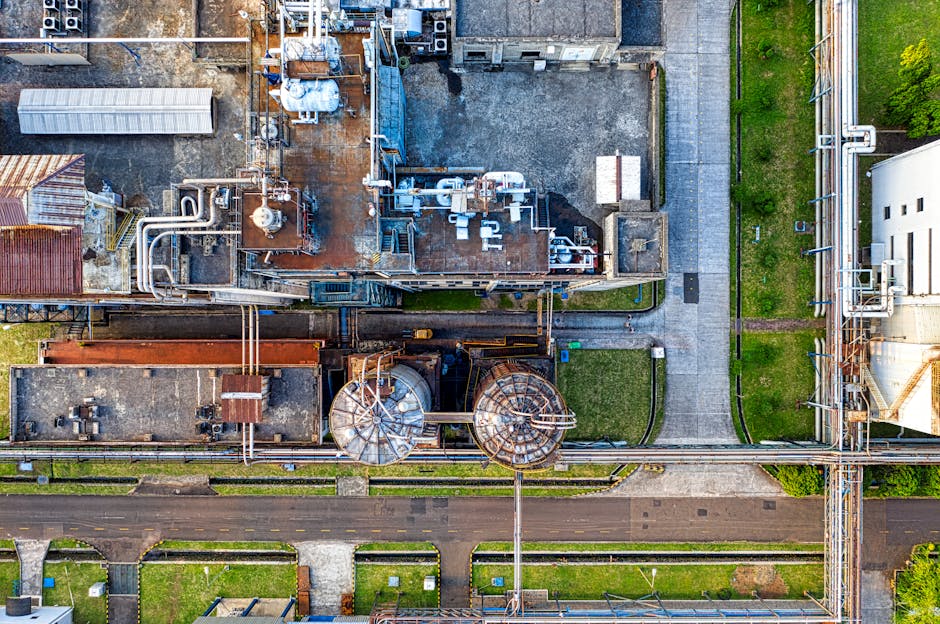Unlock encrypted content
Please enter your SSCE key to initiate on-the-fly decryption.
Decryption key: (Click cancel if you don't have the key)
Copied link to clipboard.
This feature is unavailable for free accounts. Upgrade now and enjoy all Premium benefits.
Go Premium!
This feature is unavailable for free accounts. Upgrade now and enjoy all Premium benefits.
Go Premium!
Please open this page in browser ( Google Chrome or Safari ) to use this feature.
Open In Browser
The Future of Data Storage: Cloud Storage 2024.
Random related video for this blog.
Copied share link to clipboard.
The world of data storage is constantly evolving, and as we approach 2024, the landscape is set to become even more advanced. With the rise of cloud storage, the way we store and share data is changing rapidly, and this trend is set to continue over the next few years. In this article, we'll explore the future of data storage, and how cloud storage will play a pivotal role in shaping it.
Cloud Storage
Cloud storage has been around for a while, but it's only in recent years that it's really taken off. With the increasing need for businesses and individuals to store and share large amounts of data, cloud storage has become the go-to solution. One of the key benefits of cloud storage is that it's accessible from anywhere, as long as you have an internet connection. This means that you can access your files from your office, your home, or even on the go.
Another benefit of cloud storage is that it's scalable. This means that you can start with a small amount of storage and increase it as your needs grow. This is particularly useful for businesses that are just starting out, as they may not know how much storage they'll need in the future.
One of the most significant developments in cloud storage is the ability to share files via a URL and code. FileLu cloud storage offers this feature, allowing users to share files securely and easily. This is particularly useful for businesses that need to share files with clients or colleagues, as it eliminates the need for email attachments or physical storage devices.
Nanotechnology Data Storage
While cloud storage is undoubtedly useful, it has its limitations. One of the main issues is that it relies on physical servers, which can be vulnerable to damage or failure. This is where nanotechnology data storage comes in. Nanotechnology data storage uses microscopic particles to store data, which means that it's much more durable than traditional storage methods.
Nanotechnology data storage is still in its early stages, but it has the potential to revolutionize the way we store and access data. One of the most significant benefits of nanotechnology data storage is that it's incredibly fast. This means that you can access your files almost instantly, regardless of their size.
Another benefit of nanotechnology data storage is that it's much more secure than traditional storage methods. Because the data is stored on microscopic particles, it's much harder for hackers to access it. This makes nanotechnology data storage an ideal solution for businesses that need to store sensitive data.
Advanced Weaponry and Robotic Process Automation
While nanotechnology data storage is still in its early stages, there are other technologies that are already having an impact on the world of data storage. Two of the most significant are advanced weaponry and robotic process automation.
Advanced weaponry relies on advanced sensors and data processing to improve accuracy and reduce the risk of collateral damage. This technology generates vast amounts of data, which needs to be stored and analyzed. Cloud storage is an ideal solution for this, as it allows military personnel to access the data from anywhere in the world.
Robotic process automation, or RPA, is another technology that's having an impact on data storage. RPA uses software robots to automate repetitive tasks, such as data entry. This generates vast amounts of data, which needs to be stored and analyzed. Cloud storage is an ideal solution for this, as it allows businesses to store and access their data from anywhere.
File Retention and Parallel Universes
As we move into the future, the amount of data we generate is only going to increase. This means that we'll need to find new ways to store and manage it. One solution is file retention, which involves storing data for a specific period of time before deleting it.
Another solution is parallel universes. This is a theoretical concept that suggests that there could be multiple universes, each with its own set of physical laws. In the context of data storage, this could mean that we store our data in multiple universes, which would make it much more secure and resilient.
In conclusion, cloud storage is set to play a pivotal role in the future of data storage. While nanotechnology data storage is still in its early stages, it has the potential to revolutionize the way we store and access data. Advanced weaponry and robotic process automation are already having an impact on data storage, and file retention and parallel universes are potential solutions for managing the vast amounts of data we generate. With FileLu cloud storage, businesses and individuals can take advantage of the latest data storage technologies and solutions.
File transfer, FTP backup, Upload video, Auto camera upload, Cloud storage, Online backup, Encryption file sharing, Large files transfer, Upload files, Share file, Photo upload, Video sharing site, Free file upload
By Amelia Isabella.
Email: [email protected]
Related
Revolutionizing Data Storage: The Future of Centralized File Permissions, Wearable...
May 31, 2023
Read More
The Ultimate Unified Platform for Seamless File Integration and Collaboration.
May 31, 2023
Read More
Cutting-Edge Innovations in Cloud-Native Applications for Secure File Sharing.
May 31, 2023
Read More
Maximizing Efficiency with Real-time Collaboration, Protection, and Accessibility of Files.
May 31, 2023
Read More
Popular
Latest
The Future of Digital Transformation: Exploring Smart Homes, Efficient File...
November 30, 2025
Read More
Exploring the Benefits of Cloud Storage and Innovative Technologies in...
November 26, 2025
Read More
The Future of Technology: Exploring Biohacking, Space Tourism, and Digital...
November 23, 2025
Read More
The Future of File Sharing: Streamlined Workflows for Photographers and...
November 19, 2025
Read More
Exploring the Intersection of Technology: From Cybersecurity to Augmented Reality...
November 16, 2025
Read More
The Future of File Management: Embracing Edge Computing and Efficient...
November 12, 2025
Read More
The Future of File Sharing: Exploring User-Friendly Solutions and Data...
November 5, 2025
Read More
The Future of Cloud Storage: How FileLu Empowers Creative Professionals...
November 2, 2025
Read More
The Future of Autonomous Technologies: Innovations in Robotics, File Sharing,...
October 29, 2025
Read More
Emerging Technologies Revolutionizing File Management: From Li-Fi to Robust Collaboration...
October 26, 2025
Read More
Emerging Technologies: Exploring the Impact of File Access Auditing, Genetic...
October 19, 2025
Read More
The Future of Data Storage: Exploring Advanced Encryption, Mobile Integration,...
October 5, 2025
Read More
Exploring the Future of Data Management: Security, Efficiency, and Cognitive...
September 28, 2025
Read More
Revolutionizing Data Management: Innovations in Storage, Security, and Sustainable Technology.
September 24, 2025
Read More






















